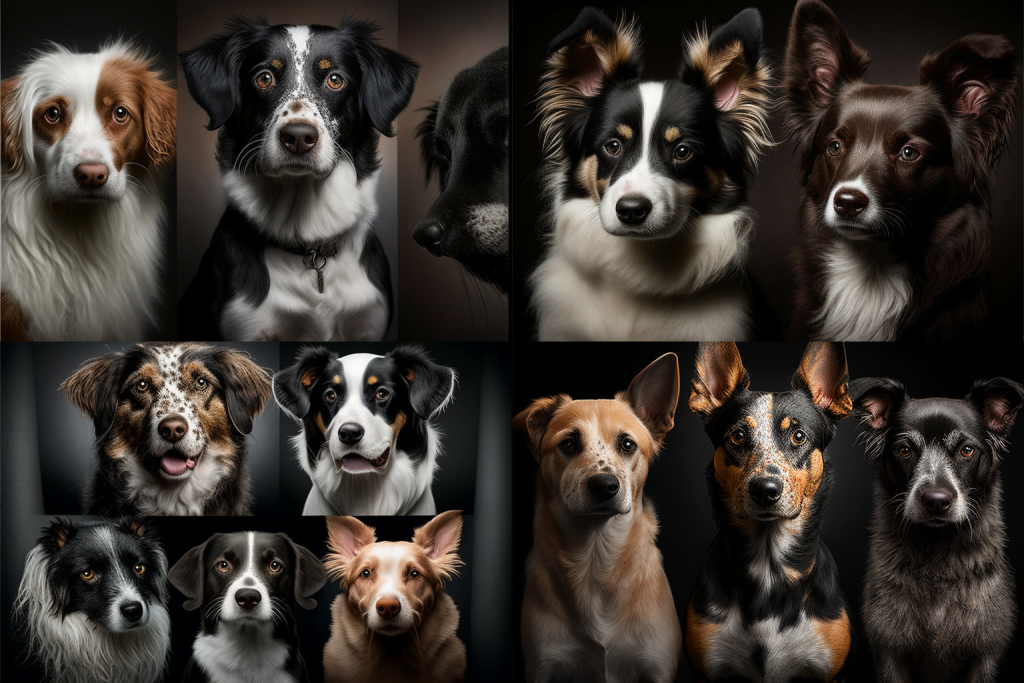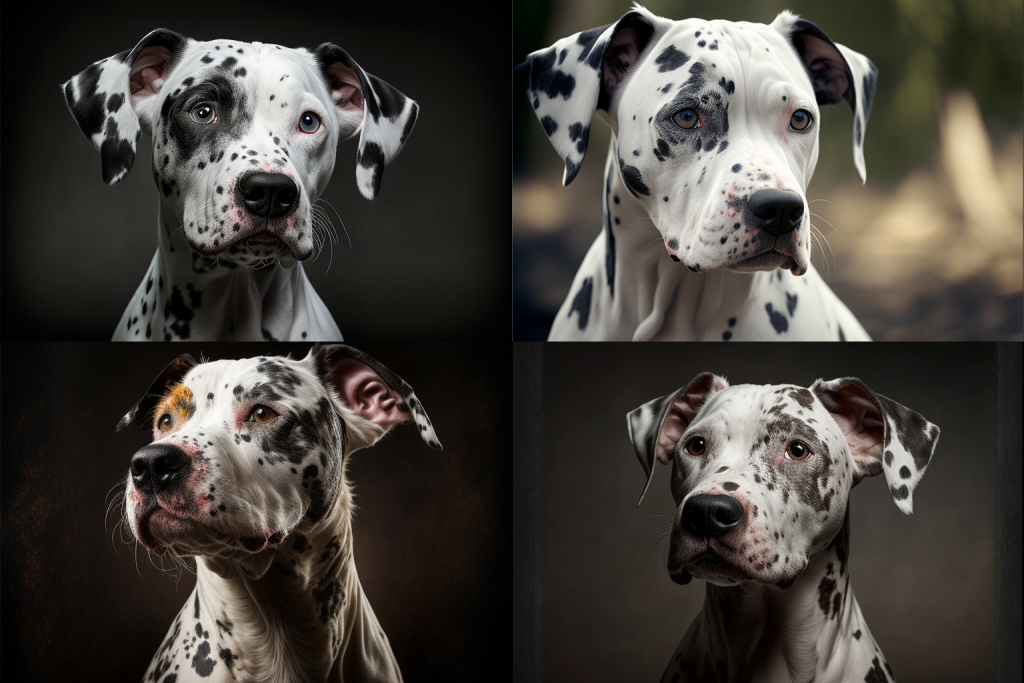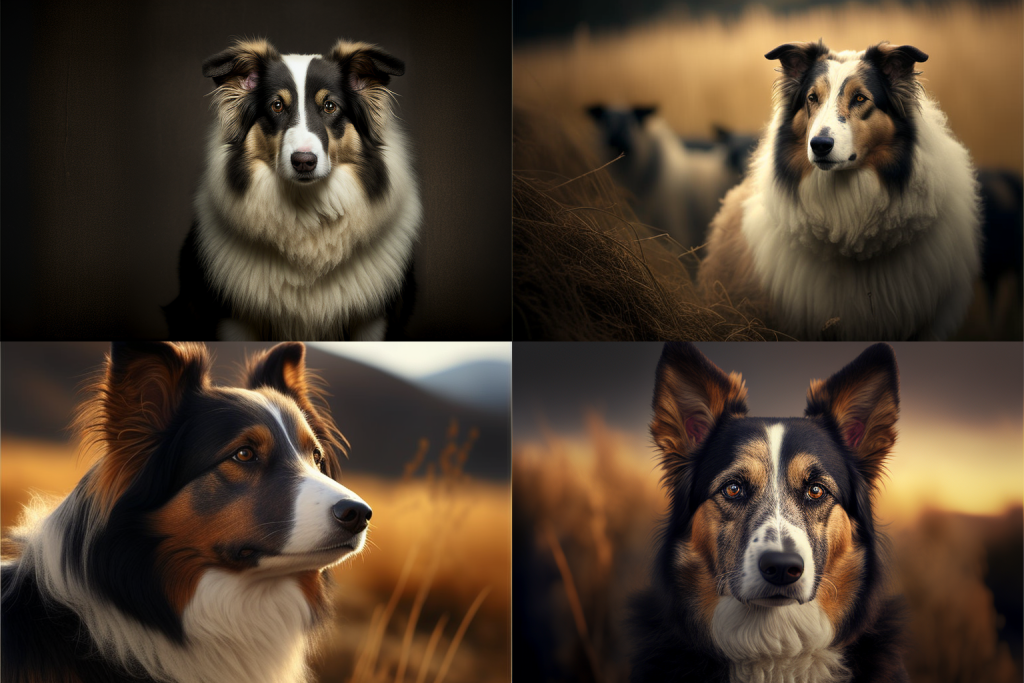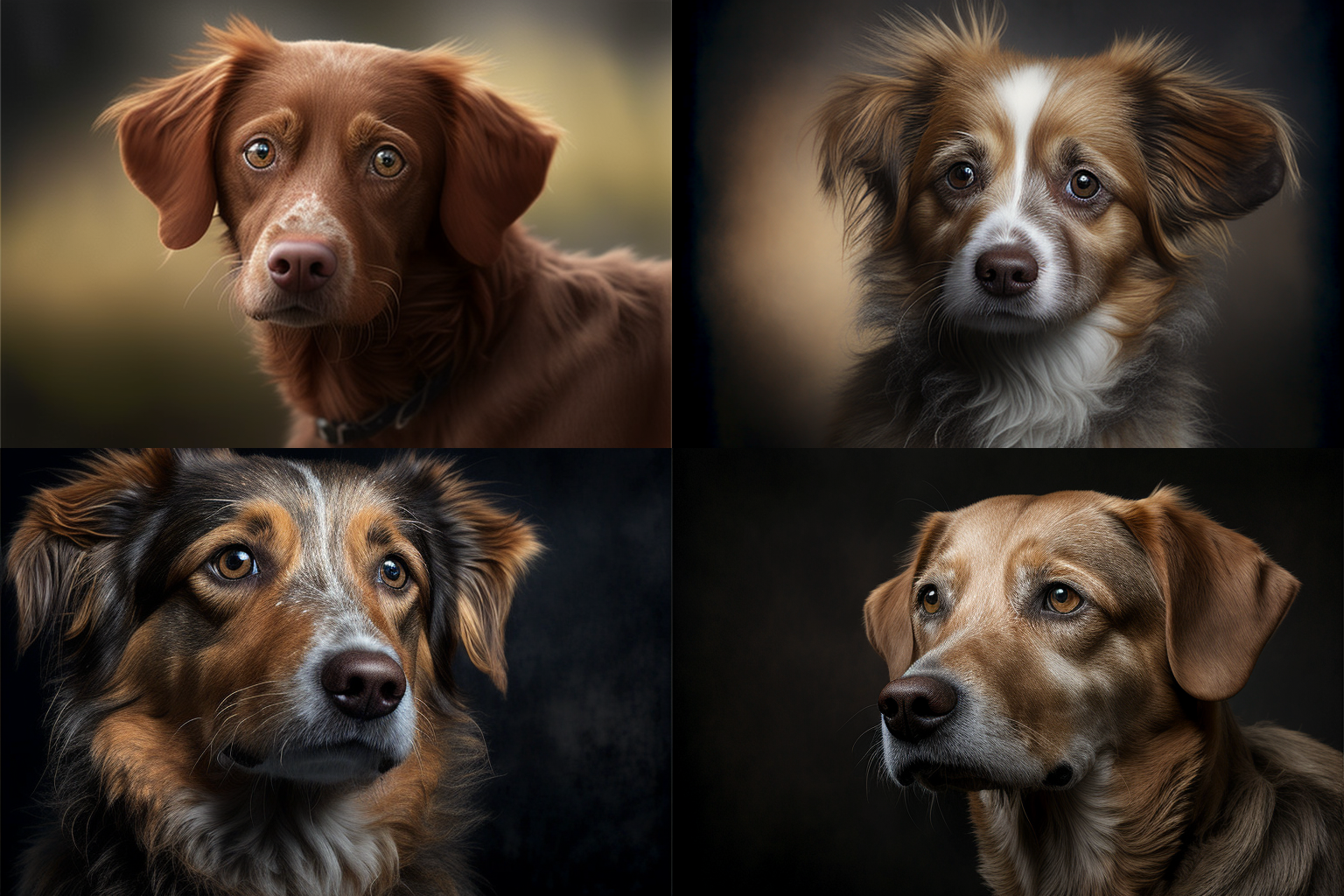Sometimes you think you know what your dog is, sometimes you take a quiz, but to be sure you may think you have to ask your vet: “What breed is my dog”? But guess what? Studies have proven that the most expert dog people only guess what the predominant breeds are in a dog around 25% of the time. That means if you got your dog from a shelter, a pet store or asked your vet, chances are they would be wrong. By far, the most accurate way to determine your dog’s breed or breed mix is, is through a dog DNA test.
The problem with guessing your dog’s predominant breeds is that you might be expecting your dog’s behavior to be inline with another breed altogether.
Dog Experts guess mixed dog breeds the majority of the time

Shouldn’t these experts who know everything there is to know about dogs know what bred your dog is? You might think that but DNA tests (now available to dog owners) have proven them wrong time and again. Learn more about how unreliable we are at identifying dogs based on looks alone.
The reality is, that once a dog has been mixed with another, they can look like other breeds other than what their parents were. Find out why dogs do not look like their parents or grandparents breeds in our article on Health and Your Mixed-breed Dog: Can Science Predict Future Problems?
The advantage in knowing your dog’s breed.

Dogs become part of our families. Of course we want to know what breed they are, or if they are as pure bred as we think. But it’s not just curiosity. It’s not just vanity. You want to make sure you take into account your dog’s well being. That includes health, natural behaviours and problems that may come up in the future.
Breeds and behaviours

Dogs behaviours can be complex. In the wild they would need to search, stalk, chase, grab, kill and retrieve the prey. But over time we have bred dogs to be specialists. Border collies have been selected for their stalking. This means over generations, this trait become more intense and more frequent. At the same time border collies have been also selected for their hesitancy in fulfilling the kill. Again, over generations, they become less willing to commit to the kill. Hounds like to search. Some terrier like to dig. Retrievers like to… retrieve. Knowing what your dog’s breed is, and what he or she was bred to do, allows you to design an environment that is suitable for your dog’s natural tendencies. Selecting dogs for certain functions, have automatically selected for certain looks. But their looks are not a large part of the genetic signature.
Common dominant traits are black, floppy ears and short hair. Black is in about 90% of breeds – even golden retrievers.
Dog Breeds and disorders
When we look at disorders, we know that all dogs breeds have a percentage of dogs that suffer from some kind of behavior problems and disorders. The traits that they have been selected for can lead to an over-representation of a given breed to suffer from a particular disorder.
For example, a hesitancy in committing to a kill may result in a disorder that is more fear based, whether it is shyness or fear aggression. Disorders in breeds such as terriers, that were often bred to search out and kill rodents, may lean more towards the obsessive compulsive disorders. Terriers might suffer from fear aggression, but their aggression is more likely to be based on aggression that is associated with anxiety. Their feisty natures might be more given to feisty dog aggression.
It’s not that all border collies are fearful or all terriers are obsessive compulsive. For example, the majority of all dogs in all breed categories are not aggressive. However there may be a great percentage of dogs in certain breed groups to lean towards certain kind of behavior problems. Knowing what your dog is predisposed to makes it easier to prevent or anticipate problems.

Mixed-Breeds and Behaviours
A a dog is mixed with another breed, they may lose some of the strength or intensity of breed specific behaviours and other natural behaviours may start to strengthen. But understanding the various breeds in your mixed-dog’s background will give you a much better idea of your dogs natural tendencies.
Mixed-Breeds and Health
Unfortunately, selecting for certain traits, resulted in breeds being predisposed to developing certain behavior problems. Learn more about how a DNA tests could help you predict health problems in your mixed breed dog.
If you are interested in where to buy DNA tests for dogs learn more here: Where to Buy DNA Tests for Dogs so that you can finally answer the question “What breed is my dog?”


